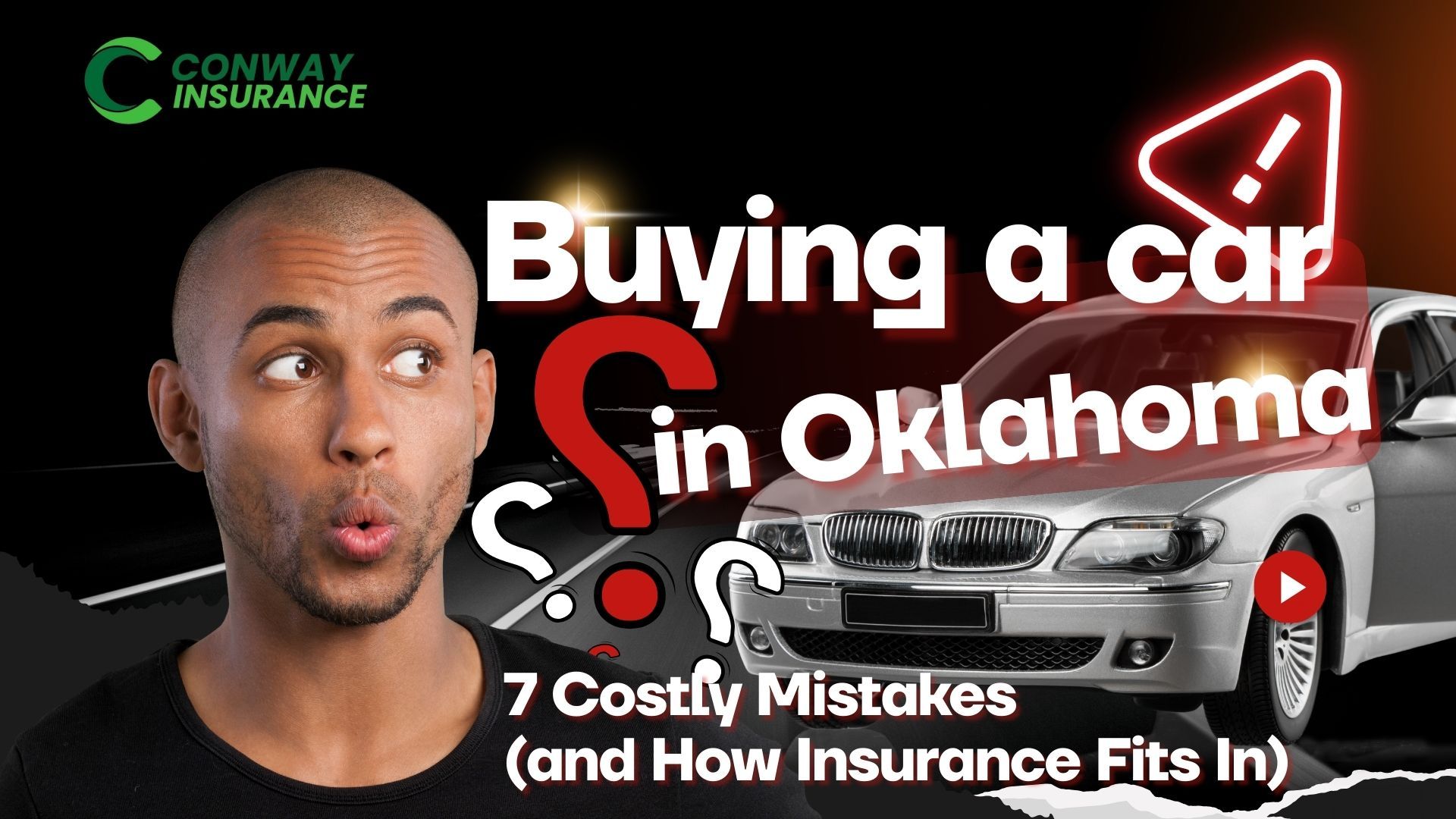Insurance Fraud: How It Happens and What You Can Do About It
Insurance Fraud: How It Happens and What You Can Do About It

Fraudulent claims are a growing problem that affects both consumers and companies. FBI estimates it costs over $40 billion annually, excluding health insurance fraud. Insurance fraud can occur in many ways, and it is essential that you understand how it occurs and how to protect yourself.
The act of deceiving an insurance company with the intent of obtaining financial gain is known as insurance fraud. This can occur during the purchase of a policy, when submitting a claim, or when underwriting the policy. An insurance professional can commit fraud, as well as policyholders and third-party claimants.
Insurance Fraud Types
Soft Fraud: Exaggerating or embellishing legitimate claims, such as inflated repair costs following an accident.
A fraudulent act : Staged or faked accidents or incidents.
Admin fraud :
The manipulation of employee claims or policies in order to benefit the employee.
Identity Fraud: The act of using a person's identity in order to receive insurance coverage or to file a claim.
Insurance Fraud: How it Happens
1. Staged accidents
The purpose of insurance fraud is causing accidents to file exaggerated claims. A fake witness or a fake medical professional often supports the claim.
Example: A driver abruptly stops, causing a rear-end collision, and falsely claims severe injuries.
2. Claims that are fraudulent
Fraudulent claims are those that overstate losses or claim damages that don't exist.
Example: A homeowner claims a high-value item was stolen, even though it never existed.
3. Fraud in healthcare
The practice involves billing for services not provided, falsifying diagnoses, or performing unnecessary procedures.
Example: A provider bills for more costly procedures than they performed, or for treatments he didn't administer.
4. Fraud by agents and brokers
There are cases where agents pocket premiums or sell fake policies that result in uninsured policyholders.
Example: An insurance broker collects premiums without creating a policy and keeps them.
5. Insurance fraud
One example is faking your death or murdering someone to get insurance money.
Example: A person stages their own death and receives insurance payouts from an accomplice.
Fraudulent Insurance Policies: How to Avoid Them
1. Ensure that the information is accurate and reliable
Company Research: Ensure that the company is legitimate and licensed.
Credentials: Make sure your agent is licensed and in good standing with the state department of insurance.
2. Review policies carefully
Become familiar with your policy's terms and details. Feel free to ask questions if you are unsure.
Be sure to keep records: Keep records of all communications and documents related to your insurance policies.
3. Tracking billings and claims
Review Bills: Always review your statements to identify any unauthorized charges.
Offers that seem too good to be true should be avoided.
4. Submit a Fraud Report
Authorities: Contact your insurance company's fraud department or local law enforcement if you suspect suspicious activity.
Hotlines : Insurance fraud can be reported anonymously through many state hotlines.
5. Become educated
Educate yourself:
Be aware of common fraud schemes and tactics.
Invest in seminars: Attend fraud prevention workshops and seminars whenever possible.
As a result of insurance fraud, premiums rise and coverage options are reduced. Understanding fraud and taking preventative measures can help combat it. Stay informed, vigilant, and ensure the money you spend goes towards legitimate coverage. Consult an experienced professional if you are ever unsure.
Please note that the information provided in this article is intended for general informational purposes only and may not apply to your specific situation. Insurance laws and regulations can vary significantly from state to state, and it’s crucial to understand the specific requirements and coverages that apply to your location. We strongly recommend consulting with a licensed insurance agent in your state to discuss your unique needs and ensure you have the appropriate coverage for your circumstances.
Recent posts


